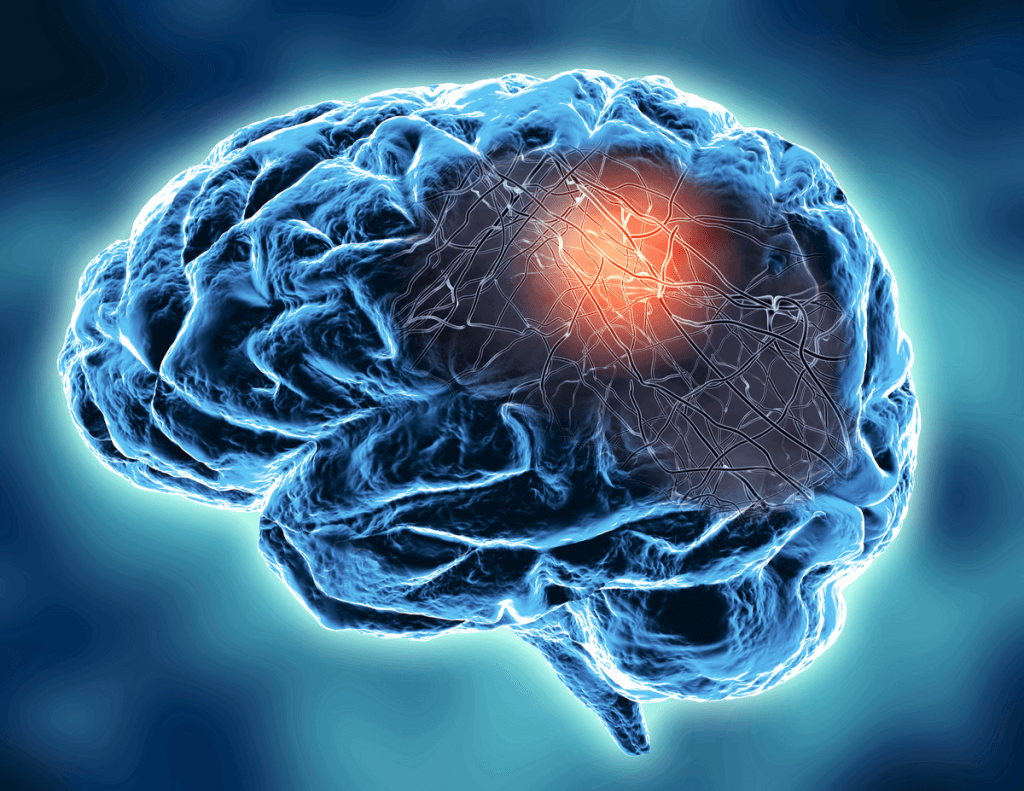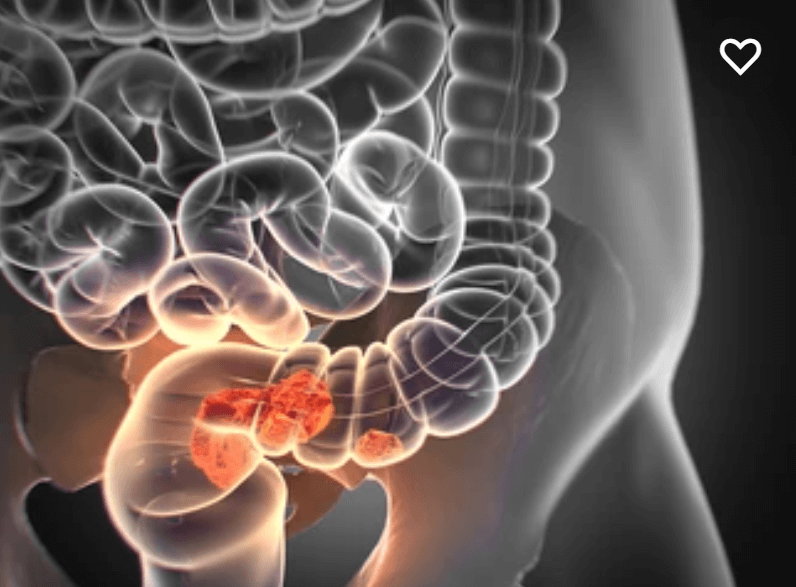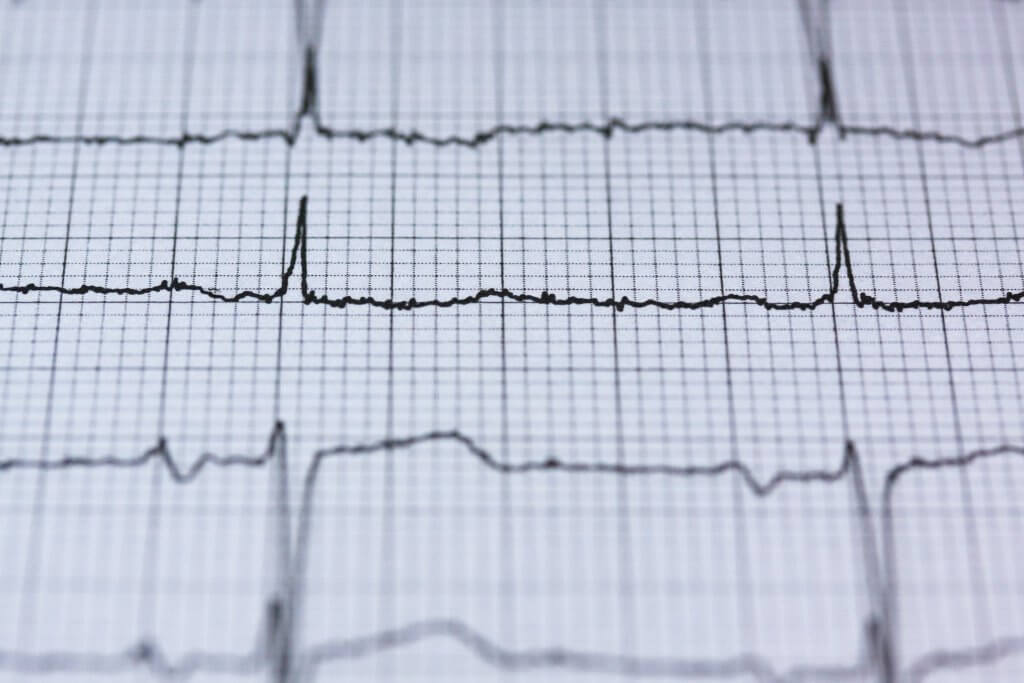Understanding Illness
Pathology 101
The word Pathology comes from the Greek work Patología, which combines pathos (suffering) and logos (study of). The term describes the branch of medicine that studies the origin (etiology), the progression (pathogenesis), and the impact of various diseases on the human body.
A pathological condition, or disease, refers to an alteration from the health status. The nature of the disease is investigated by medical professionals who assess patients’ signs and symptoms to make a definitive diagnosis. While a sign is an objective measurable effect observed and quantified by a trained professional (for example a skin rash or fever), symptoms are subjective and depend on the perception of the patient (for instance headache or fatigue).
Pathology 101 provides a collection of diseases described upon signs and symptoms, risk factors, diagnostic approaches, available treatment options, and preventive measures whenever possible.
Multiple Sclerosis
Affecting more than 2.8 million individuals worldwide, Multiple Sclerosis (MS) is a non-traumatic chronic condition affecting the Central Nervous System (
Colorectal Cancer
Colorectal cancer (CRC), also known as bowel cancer, is the fourth leading cause of death worldwide. Initially presenting as
Myocarditis
Myocarditis is described as an inflammation of the myocardium, also known as the heart muscle.
Subscribe for Health Resources
Join our mailing list for access to software, subscriber-only content and more.





